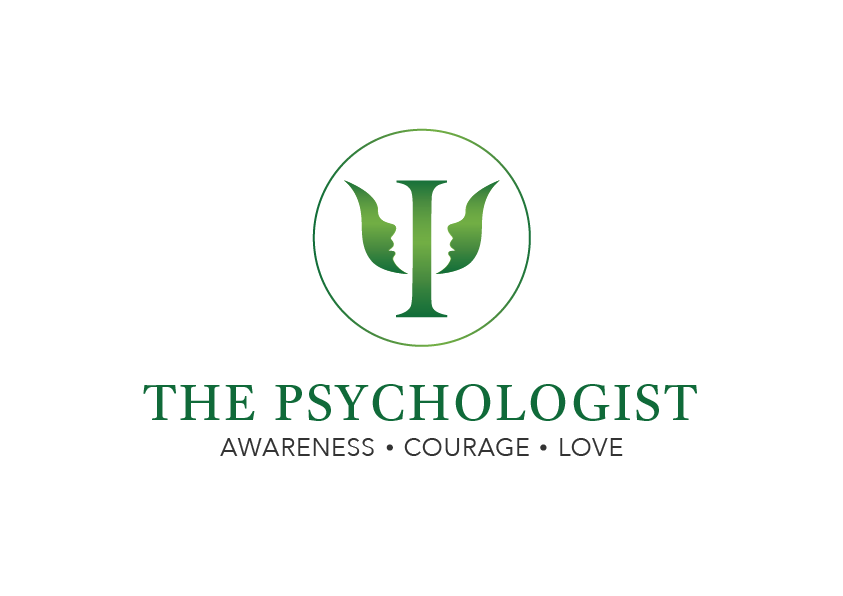When the Glass is Too Full: Understanding Alcohol Addiction in Singapore
It began innocently enough, weekend drinks with friends, a glass of wine to unwind, maybe a nightcap after a long day. For David*, it slowly turned into a nightly ritual, then a dependency. Before he knew it, alcohol became the crutch he leaned on for stress, sadness, and even celebration.
David’s story is not unique. In Singapore, alcohol addiction, also known as Alcohol Use Disorder (AUD), is a growing public health concern. While Singapore's rates are lower than some countries, the impact on individuals and families is just as profound. A 2020 survey reported that binge drinking was most prevalent among young adults, while regular use was highest among older men. And worryingly, many people with unhealthy alcohol use don’t seek help until the problem becomes unmanageable.
What is Alcohol Addiction?
Alcohol addiction is a chronic condition where a person continues to drink despite knowing the harm it causes. It is more than just drinking “too much”, it involves physical dependence, emotional attachment, and a gradual erosion of control.
Signs may include:
Frequent cravings or urges to drink
Needing more alcohol to feel its effects
Neglecting responsibilities or relationships
Withdrawal symptoms like tremors, anxiety, or nausea when not drinking
Causes and Risk Factors
There is no single cause. Genetics, early exposure to alcohol, mental health conditions such as anxiety or depression, trauma, and even cultural or workplace norms all play a role. Some drink to cope with stress or loneliness; others may not realise when social drinking shifts into something more dangerous.
Impact Beyond the Individual
Alcohol addiction doesn’t just affect the drinker. Families often bear the emotional and psychological burden, worry, broken trust, or financial strain. Children of those with AUD may experience neglect or develop emotional challenges of their own. It takes courage for family members to speak up and seek help.
Myths and Misconceptions
One common myth is that people with alcohol addiction simply lack willpower. In truth, AUD is a complex condition rooted in brain chemistry and life circumstances. Another misconception is that someone must drink daily to be considered addicted, binge drinking or periodic heavy use can be just as harmful.
Hope and Help are Within Reach
The good news? Recovery is possible. Treatment may include:
Counselling or psychotherapy, such as Cognitive Behavioural Therapy
Medical detox under supervision, if withdrawal is severe
Support groups or family therapy
Integrated care that addresses co-occurring mental health conditions
Role of Self-Care and Caregivers
For individuals, self-care might include finding healthier coping strategies, sleep hygiene, and setting boundaries. For caregivers, it’s vital to understand that supporting someone with AUD isn’t about forcing change, but encouraging it with love, empathy, and firmness. It’s okay to set limits and seek your own support.
Reducing Stigma
Stigma is still a major barrier to help-seeking in Singapore. Studies show that most individuals with AUD never reach out. Creating a safe, non-judgmental space, whether at home or in therapy, can make all the difference.
If you or someone you care about is struggling with alcohol addiction, you are not alone.
Awareness is the first step. Courage is the next. And at The Psychologist, we walk with you toward a life filled with balance, hope, and healing.
Visit www.thepsychologist.com.sg or head to our Contact page below to begin your journey.
